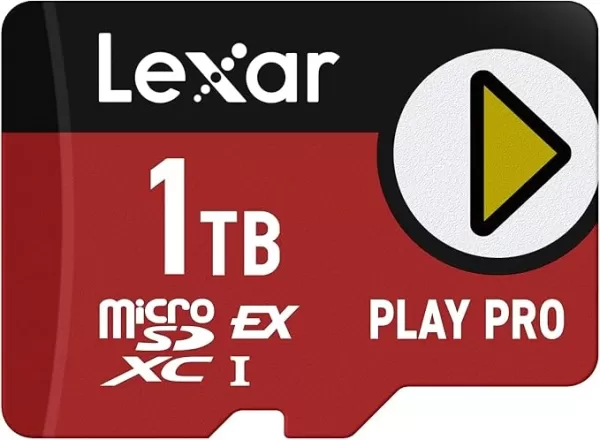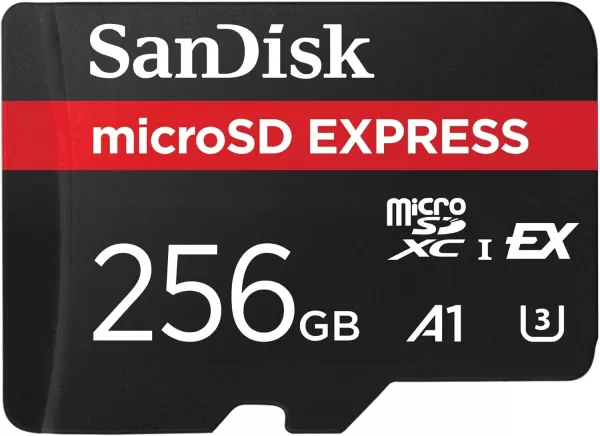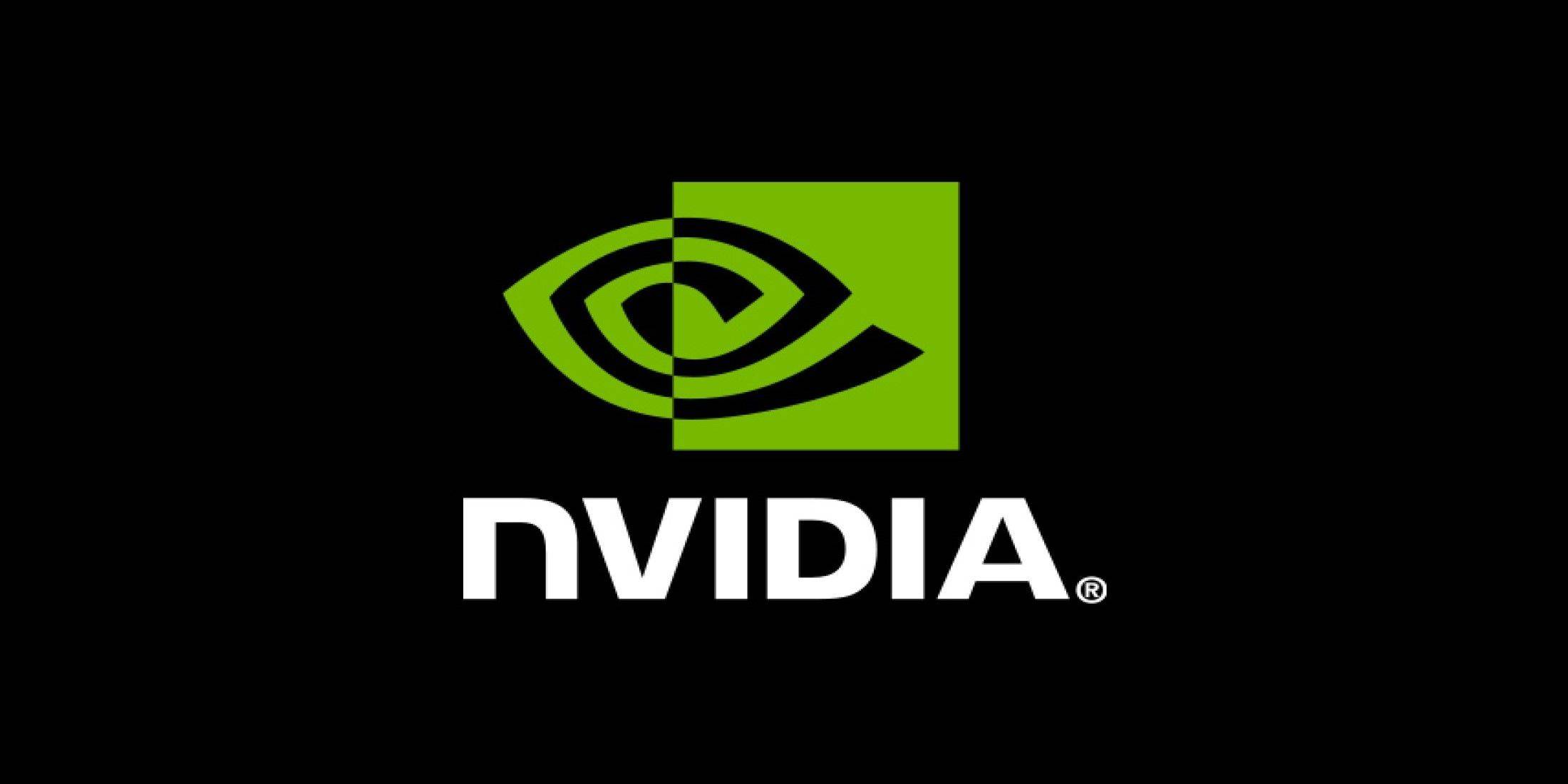MicroSD Express: A Must for Nintendo Switch 2
Last week, Nintendo unveiled the Nintendo Switch 2, revealing that it exclusively supports expansion via MicroSD Express cards. This decision might inconvenience those with existing MicroSD collections, but it's justified by the superior speed of MicroSD Express. These cards utilize an interface that matches the Universal Flash Storage (UFS) of the Switch 2’s internal memory, theoretically allowing games on the expansion card to load as quickly as those stored internally. The trade-off, however, is the inability to use more affordable, non-Express MicroSD cards.
MicroSD vs. MicroSD Express
Over the years, MicroSD cards have evolved through six speed ratings, starting with the original 12.5MB/s and progressing to the 312MB/s of SD UHS III. The introduction of the SD Express standard five years ago marked a significant leap in speed, utilizing a PCIe 3.1 interface rather than the slower UHS-I. This change allows full-sized SD Express cards to achieve transfer speeds up to 3,940MB/s. Although MicroSD Express cards top out at 985MB/s, this is still triple the speed of the fastest non-Express MicroSD cards.
Why Does the Switch 2 Require MicroSD Express?
Although Nintendo hasn't disclosed the specific reasons behind this requirement, the primary advantage is undoubtedly speed. Games on a MicroSD Express card can load significantly faster than on a traditional UHS-I card due to the PCIe 3.1 interface. This could also set a trend for future handheld gaming PCs. The Switch 2's internal storage upgrade to UFS from eMMC necessitates similarly fast external storage to prevent bottlenecks, especially for upcoming games that might require faster load times. Early demos indicate substantial improvements in load times, from 35% faster when fast traveling, as reported by Polygon, to a 3x initial load boost according to Digital Foundry. These enhancements might be due to faster internal storage or more efficient CPU and GPU processing. Moreover, requiring MicroSD Express cards allows for future upgrades in storage speed, aligning with the latest SD 8.0 Specification that supports up to 3,942MB/s for full-size cards.
MicroSD Express Capacity Options
Currently, MicroSD Express cards are not widely available, but this is expected to change with the launch of the Nintendo Switch 2. Lexar offers a MicroSD Express card in 256GB, 512GB, and 1TB capacities, with the 1TB variant priced at $199. Meanwhile, SanDisk provides a 256GB option, which matches the internal storage of the Switch 2. As the console hits the market, we can anticipate a broader range of MicroSD Express cards, especially from manufacturers like Samsung.
 Lexar Play Pro MicroSD ExpressSee it at Amazon
Lexar Play Pro MicroSD ExpressSee it at Amazon
 SanDisk MicroSD Express 256GBSee it at Amazon
SanDisk MicroSD Express 256GBSee it at Amazon
-
1

Every Pokémon Game on the Nintendo Switch in 2025
Feb 25,2025
-
2

Roblox: Trucking Empire Codes (January 2025)
Mar 05,2025
-
3

Poring Rush, the casual battling spin-off from hit MMORPG Ragnarok Online, is out now
Dec 30,2024
-
4

How To Read Black Panther Lore: The Blood of Kings in Marvel Rivals
Mar 01,2025
-
5
![Anime Vanguards Tier List – Best Units For Each Gamemode [UPDATE 3.0]](https://images.gzztb.com/uploads/35/17376012656791b0f12fa1c.jpg)
Anime Vanguards Tier List – Best Units For Each Gamemode [UPDATE 3.0]
Feb 27,2025
-
6

Ragnarok X: Next Gen - Complete Enchantment Guide
May 25,2025
-
7

Nvidia RTX 5090 Specs Leak: Rumor Confirmed?
Mar 14,2025
-
8

Microsoft to Integrate Copilot AI into Xbox App and Games
May 21,2025
-
9

Stardew Valley: A Complete Guide To Enchantments & Weapon Forging
Mar 17,2025
-
10

Hearthstone has kicked off the Year of the Raptor with a myriad of new content
Mar 16,2025
-
Download

The Golden Boy
Casual / 229.00M
Update: Dec 17,2024
-
Download

Niramare Quest
Casual / 626.43M
Update: Feb 21,2023
-
Download

POW
Casual / 38.00M
Update: Dec 19,2024
-
4
Mother's Lesson : Mitsuko
-
5
Gamer Struggles
-
6
Poly Pantheon Chapter One V 1.2
-
7
How To Raise A Happy Neet
-
8
Dictator – Rule the World
-
9
Strobe
-
10
Livetopia: Party














